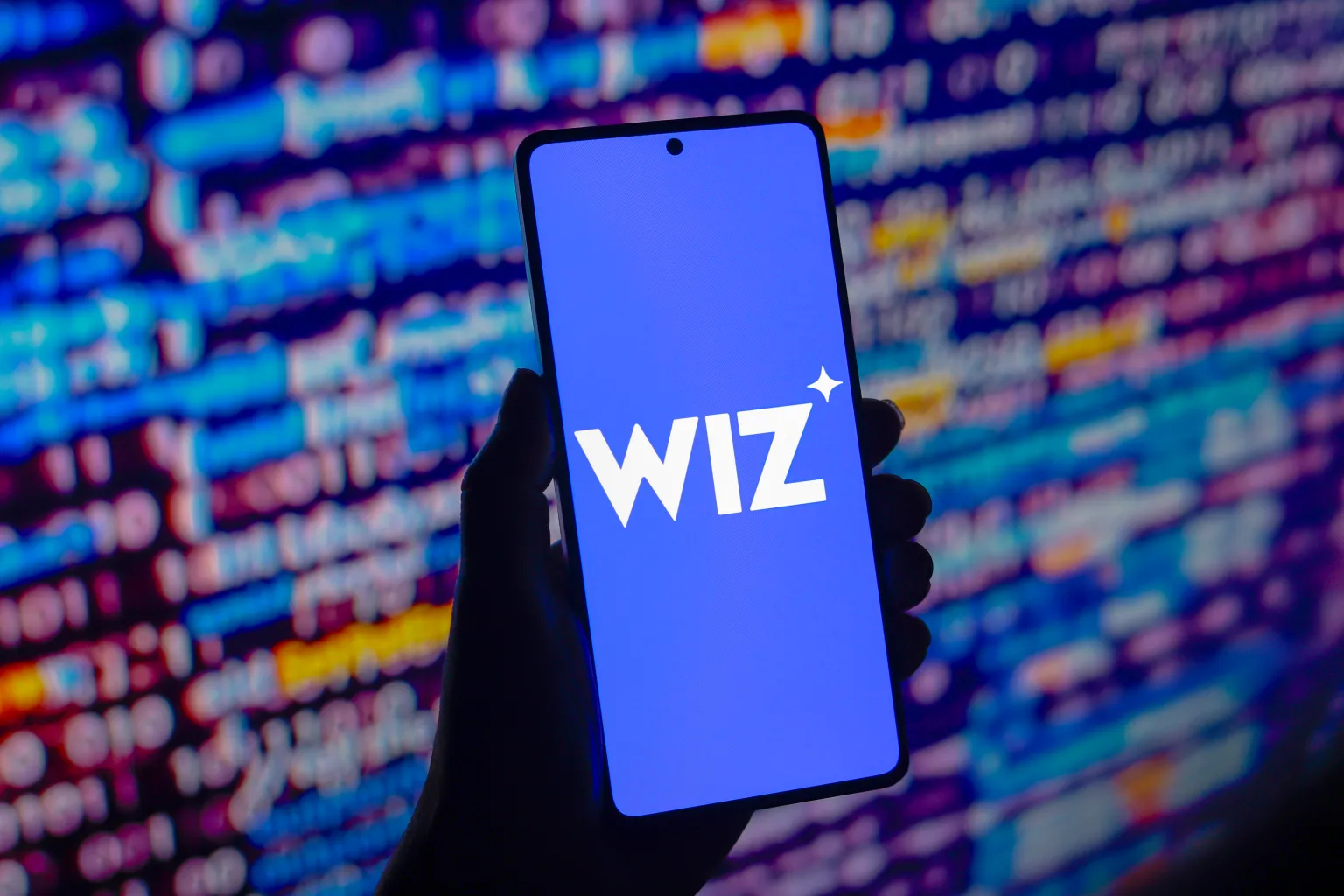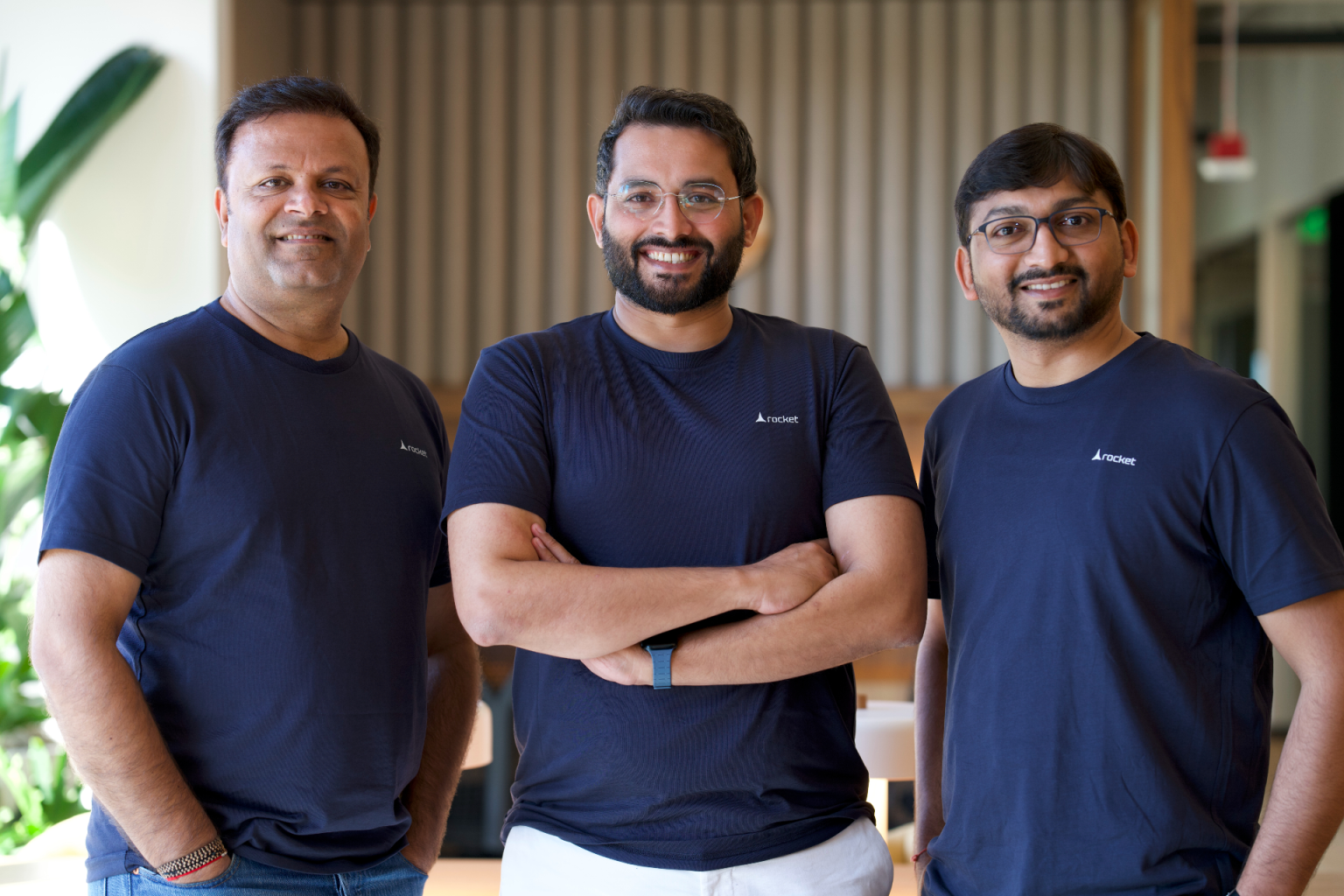Google is introducing a sweeping change to how Android apps are distributed. Beginning in 2026, the company will enforce developer identity verification not just for apps published on the Google Play Store, but also for those distributed through third-party app stores and direct sideloading.
This marks one of the most significant updates to Android’s open ecosystem in years, signaling Google’s attempt to balance the platform’s flexibility with growing concerns around malware, fraud, and user data safety.
Why the Change?
Unlike Apple’s tightly controlled iOS environment, Android has always prided itself on being open allowing users to install apps from virtually anywhere. While this flexibility fuels innovation and offers consumers more choice, it also leaves the door open for bad actors.
According to Google’s internal data, malware is 50 times more likely to be delivered through apps sideloaded from the internet than through the Play Store. Fraudsters have used anonymity to their advantage, distributing harmful apps that steal personal data or conduct financial scams.
By requiring developers to verify their legal identity, Google aims to reduce these risks and make it harder for malicious publishers to hide behind false or disposable identities.
How the Rollout Will Work
Google’s new system will be introduced gradually to give developers time to adapt.
- October 2025: Early access for interested developers begins. Google will use this phase to collect feedback and refine the verification process.
- March 2026: Developer verification officially launches for all app publishers, across both Play Store and alternative channels.
- September 2026: Verification becomes mandatory in select markets—Brazil, Indonesia, Singapore, and Thailand—before expanding further.
- 2027 and beyond: Global rollout begins, affecting all certified Android devices.
To comply, developers must provide:
- Legal name
- Physical address
- Email address
- Phone number
For independent developers and hobbyists, this could mean registering as a business entity to protect personal information from being publicly associated with apps.
ALSO SEE: Made by Google 2025: Pixel 10 & More
A Nod to Students and Hobbyists
Acknowledging that not all developers are commercial entities, Google will also introduce a separate type of Android Developer Console account tailored for students and hobbyists. These accounts will come with different requirements, ensuring that casual creators still have room to experiment without facing the same obligations as larger companies.

Industry Context: Following Apple’s Lead
This move isn’t happening in isolation. Earlier this year, Apple implemented a similar requirement for app developers in the EU as part of the Digital Services Act (DSA). The DSA compels app publishers to disclose their “trader status” when submitting apps or updates, furthering a broader industry shift toward accountability and transparency in digital marketplaces.
By following a similar path, Google is signaling that openness can no longer come at the expense of security.
What It Means for the Android Ecosystem
The upcoming verification system has the potential to reshape the Android developer community in several ways:
- Higher Barrier to Entry for Anonymity Seekers – Malicious developers who previously exploited sideloading channels may find it more difficult to operate.
- Increased Trust for Users – Consumers may feel more confident installing apps outside the Play Store, knowing there’s an additional verification layer.
- Challenges for Indie Developers – Independent creators may face new hurdles around privacy, paperwork, and compliance, potentially discouraging casual experimentation.
- A Step Toward a More Unified Security Standard – With both Apple and Google moving toward mandatory developer verification, the global app distribution landscape is converging on stricter accountability.
The Bigger Picture
Android’s open nature has always been both its greatest strength and its greatest weakness. Google’s latest move shows the company is no longer willing to tolerate the risks that come with unchecked anonymity.
For developers, this means adapting to a new era where trust and identity verification are as important as innovation. For users, it promises a safer app ecosystem that still preserves the flexibility Android is known for.
As the rollout progresses into 2027 and beyond, the industry will be watching closely to see whether this balance between openness and security truly works—or if it creates new tensions within the Android ecosystem.
Sources ( Techcrunch )




